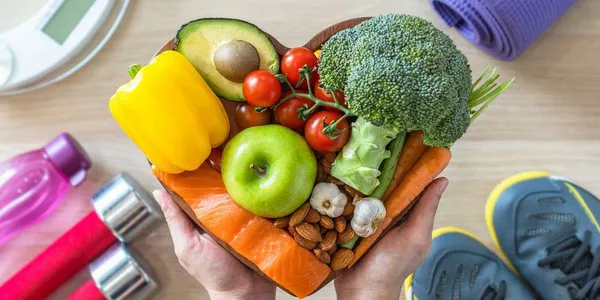Food swaps not only impact your health but also the planet, according to a recent study conducted by the George Institute for Global Health and Imperial College London. The research reveals that simple substitutions in your diet, such as trading meat lasagna for a vegetarian option or switching from beef to chicken in stew, can significantly reduce greenhouse gas emissions.
The study, released on Tuesday, underscores that consumers can make meaningful contributions to climate change mitigation without drastic dietary overhauls. Lead author Allison Gaines, who holds a doctorate in public health, emphasizes that while people are increasingly conscious of the environmental implications of their food choices, they often lack access to reliable information about more sustainable alternatives.
Gaines suggests that labeling food products with carbon emissions could empower consumers to make informed decisions. Currently, about one-third of carbon emissions are attributed to the food and agriculture sector.
To quantify the potential impact of food swaps, researchers analyzed the projected emissions of annual grocery purchases from 7,000 Australian households using data from FoodSwitch, an app developed by The George Institute. This app allows users to scan barcodes and discover healthier alternatives to their chosen products.
Now, a new app called EcoSwitch, available exclusively in Australia, takes this concept further by incorporating carbon emission data. By scanning a product, consumers can identify similar items with lower carbon footprints.
Gaines explains that while previous studies focused on dietary patterns, her research examines food choices from a consumer perspective. The study identifies two types of swaps: those found on the same shelf and those from different aisles. These swaps could collectively reduce emissions by 26% in Australia, equivalent to removing 1.9 million cars from the road.
For instance, a chocolate chip brioche roll could be swapped for a dinner roll or a sourdough loaf, depending on similarity. Similarly, a sugar-free vanilla cola could be exchanged for a raspberry soft drink or ginger-lemon kombucha.
Interestingly, swaps that benefit the environment often align with healthier options. Meat and meat products contribute the most to carbon emissions from food, accounting for 49%, followed by dairy and nonalcoholic beverages.
Gaines emphasizes the urgency of addressing emissions trends worldwide and suggests that empowering consumers with information can drive change at both individual and systemic levels.


























